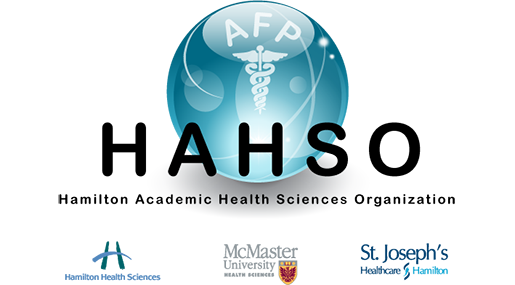Overview

Communication is fundamental for everyday relationships, school, work and leisure. Many children with cerebral palsy (CP) have impaired speech, language or hearing abilities, which affect their communication. In turn, this may lead to significant long-term impacts on learning, friendships, social participation and employment. For some children with CP, their impairments can be so severe that children are unable to speak.
Many children with CP who are non-speaking are still be able to comprehend speech. For them, it is critical to accurately determine how much they understand in order to know how to talk with them, and to make sure they receive the education and therapy they need. It can also help to determine the most appropriate augmentative and alternative communication systems and supports to facilitate and optimize the child's ability to learn, develop and participate in daily life and classroom activities.
This project is studying the adaptation and evaluation of the Computer-Based Instrument for Low motor Language Testing (C-BiLLT), an innovative Dutch tool that uses alternative access methods to assess spoken language comprehension for children with CP. This means that many children with severe physical impairments are able to participate in the assessment with this test.
Website: www.c-billt.com
Funder

This study has been funded by the Hamilton Academic Health Sciences Organization (HAHSO).
